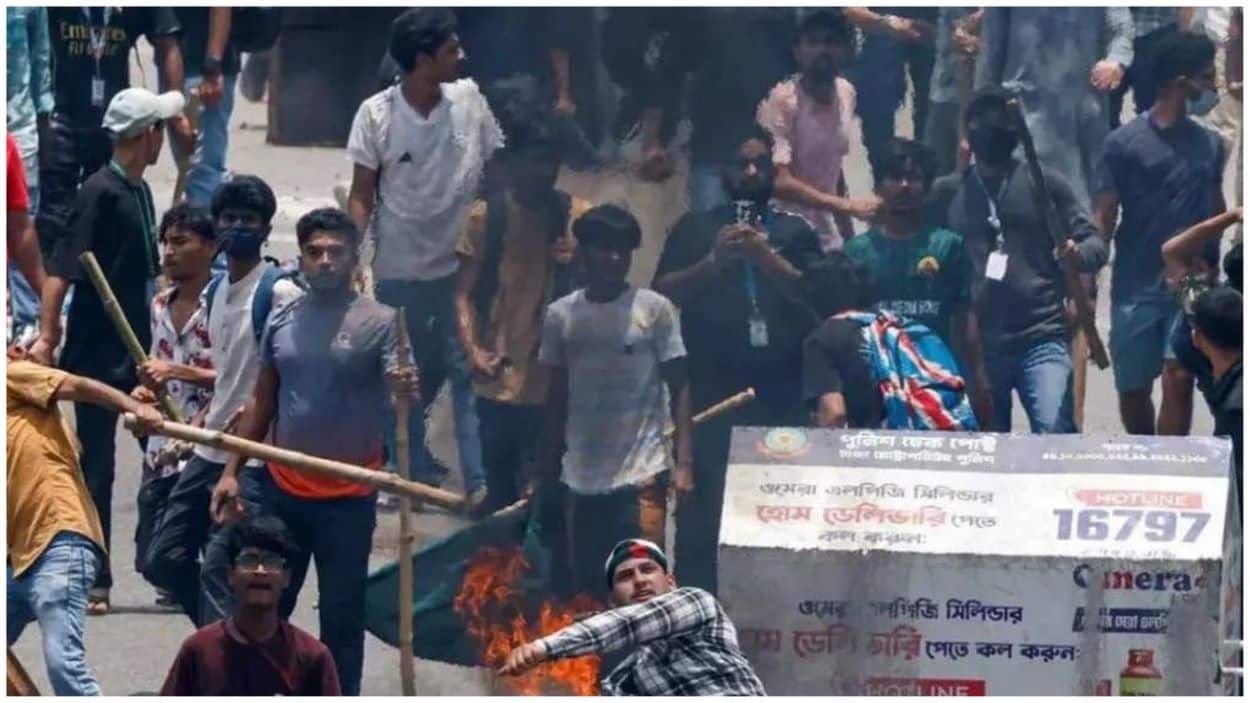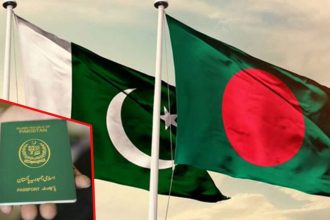Bangladesh is poised for more protests as a student group has pledged to resume demonstrations that previously led to deadly police actions. These protests come after the arrest of several student leaders, which has raised tensions nationwide.
Last week, clashes resulted in the deaths of at least 205 people, including several police officers, marking one of the most significant disturbances during Prime Minister Sheikh Hasina’s 15-year leadership. Despite army patrols and a nationwide curfew implemented over a week ago, the police have detained thousands of protesters, including prominent student leaders.
The group Students Against Discrimination, who initially protested against civil service job quotas, announced an end to their protest pause. Abdul Hannan Masud, a spokesman for the group, demanded the release of their chief, Nahid Islam, and other members during an online briefing. Masud, who is in hiding, also called for action against those responsible for protester deaths.
Masud warned that without these demands being met, the group would initiate severe protests starting Monday. Meanwhile, Nahid Islam and two other group leaders were forcibly removed from a hospital and detained by plainclothes detectives, raising concerns about their safety and well-being.
Islam’s mother, Momotaz Nahar, expressed her fears for her son’s life after police denied her request to see him. Home Minister Asaduzzaman Khan stated that the detention was for their safety but did not confirm their arrest.
Police Tactics and Public Safety
Amidst the unrest, the Home Minister reported that the police had acted with restraint but were compelled to use force to protect government properties after exhausting other options. Despite the ongoing curfew, which has gradually relaxed, tensions remain high, and sporadic protests continue.
The government also lifted a nationwide mobile internet blackout, restoring connectivity after 11 days. This measure followed widespread protests triggered by a controversial quota system in government jobs, exacerbating a severe employment crisis among the youth. The Supreme Court has since reduced the quota but stopped short of eliminating it, as protesters had demanded.
As the situation develops, Hasina’s government continues to face accusations of consolidating power and suppressing dissent, which has fueled ongoing demonstrations and public unrest.






